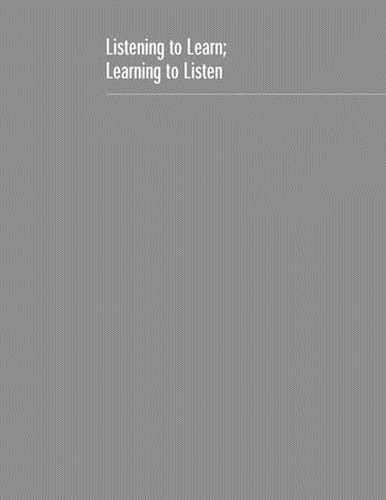Listening Myths and Misconceptions
Don't believe everything you hear, or you might fall for falsehoods.
Listening is when you use…
|
Listening Is Easy Because It's Natural
Excuse me? Could you repeat that? Listening is hard. It's partly physical; you won't listen as well if you're tired. It's partly mental; you'll listen better if you're familiar with words, people, and how to size up a situation. It's partly willpower; you may have to struggle to maintain your concentration.
Listening Is Passive
Not necessarily…although many people have developed the bad habit of passive listening. To fight that habit, listen as if you'll be quizzed later or, even better for trainers, listen as if you'll have to teach the message to others.
A Spoken Message's Meaning Is in the Words
Meaning—interpretation, value, understanding— is in people. A speaker reveals meaning through both words and nonverbal communication. Words may be vague or may have different connotations for different people or under different circumstances. Don't say, “I'm all ears” and then look at your watch or the clock every few minutes. Warm up for listening as you do for any exercise by putting your body as well as your mind into position first. Listen for denotation and connotation in words and phrases. Listen for imprecise words such as “later” or “inexpensive.” Listen for emotionally manipulative words.
Faking Attention or Interest Fools Speakers
Your disguise of interest cannot cover up your nonverbal communication. Glazed eyes, snoring, and doodling will soon give you away.
Questions Make Listeners Look Inattentive
Not if you choose your words and timing with sensitivity. Richard M. Harris, president of Behavioral Resources Development, likes to think of listening as a partnership. “Is listening really only a lonely stroll down a one-way street?” he asks. “Surely conversations succeed best as dialogues not as parallel monologues that may only occasionally intersect.”

